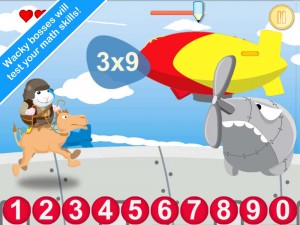One of them entered the games industry when she was 15 years old, and the other vividly remembers every game he has ever played. They’ve built impressive legacies on their own, and together, they make up one of the most influential couples in games. However, on June 29, Brenda and John Romero outdid themselves by with an eloquent offering of advice, anecdotes, and answers during an intimate panel hosted by IGDA Chicago. With the support of Tribeca Flashpoint Media Arts Academy and Casual Connect, game developers from Chicago and the surrounded area came together for an evening with a pair of the greatest minds in games.
With topics ranging from their approach to starting new games to Brenda’s intense love of mariachi, the duo kept everyone engaged throughout both segments of the Q&A with responses often both useful and entertaining. Brenda recalled working on the Wizardry series and asking herself what, if she were a player, would keep her playing past 3am. John reminisced about all the times his groundbreaking new games were rejected by publishers and his persistence to share what are now consider foundational.
Brenda Romero
John Romero
In response to a question from the audience, John explained that discipline and focus are much more important in game development than instinct. He reminded that small distractions detract large amounts of attention, and that productive progress requires sizable chunks of time to lead to effective work flow. Brenda added that games let you know when they’re not good. Since it’s impossible to know whether a game will work before you play it, she emphasized the importance of playtesting and iteration.
Later, Brenda also affirmed that every designer should know how to program, and the two shared their praise for the mobile game and app development tool, Corona SDK. Corona, which has partnered several times with the IGDA, offers their SDK for quick, 2D development on their website with both free and paid plans. John suggested that new programmers should start with something small, like a recreation of Pong, but Brenda—who is a novice programmer herself—joked that she refuses to listen to her husband and plans to start with a massive RPG. More than limiting her development skills, Brenda explained that, as a non-coder, she has greatly limited herself as a designer by struggling to communicate clearly with coders on her team.
Beyond excellent game development, John and Brenda’s responses reflected exemplary accomplishments in their lives outside games. During the panel, they were kind, funny, passionate, and charismatic. Their openness transformed the room, making it feel closer to a living room than a classroom. At one point, John even shared his wish that people would ask developers that burning question only they could answer over a handshake and a polite “nice to meet you.” In addition to the great advice and fun stories, they showed the importance of being good people in addition to good developers.











